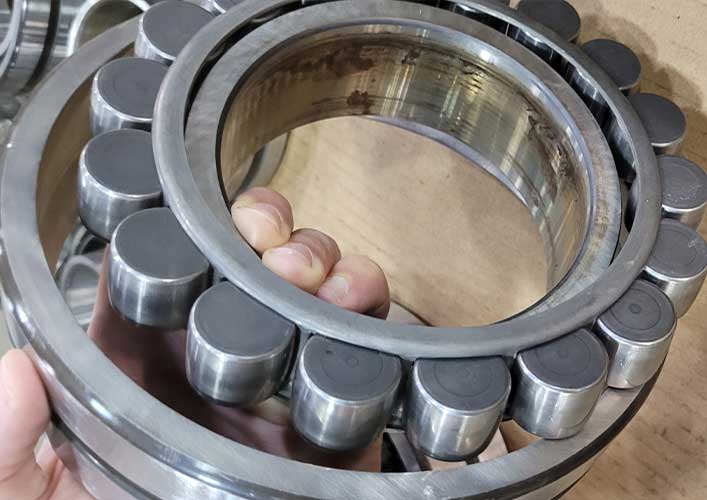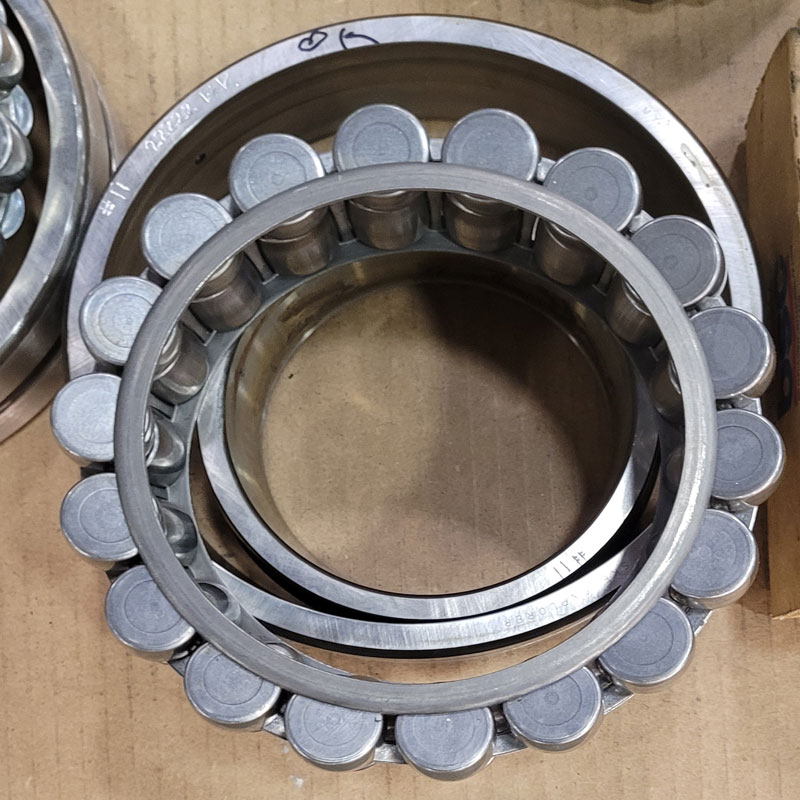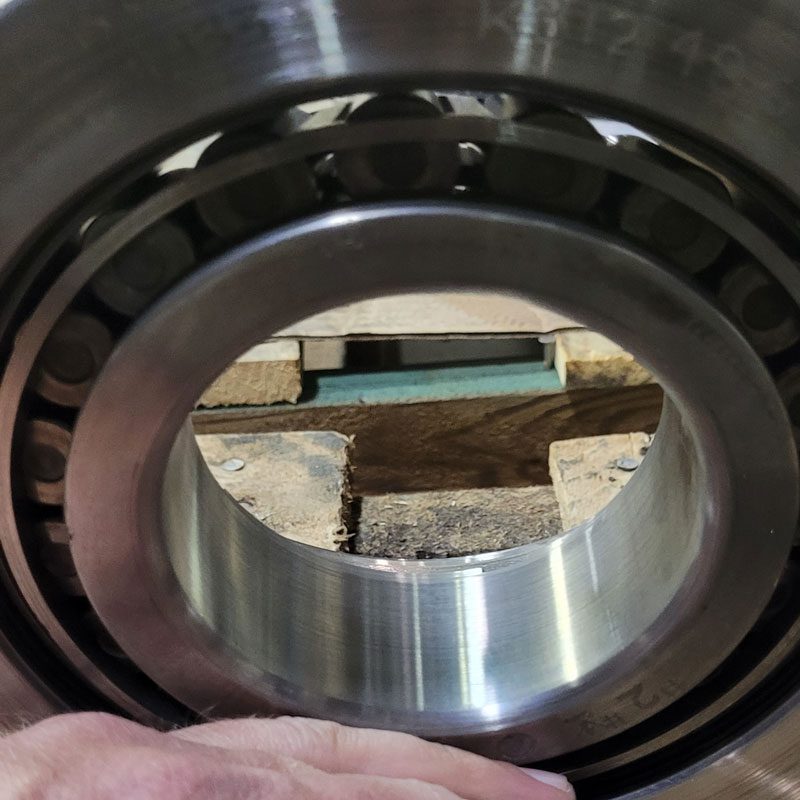
85+ Years of Service and Dedication
Family Owned. Family Operated. USA Made.
Tapered Roller vs. Spherical Roller Bearings in Heavy-Duty Industrial Equipment
There are many different types of industrial bearings designed to meet unique load-bearing requirements and other specific performance targets. For large industrial equipment applications, two of the most common bearing configurations often compared are tapered roller bearings and spherical roller bearings.

Tapered Bearings vs. Spherical Bearings: Basic Design and Operation
Setting them apart from conventional ball bearings and roller bearings, tapered roller bearings are optimized to more reliably handle a combination of radial and axial loads. Based on the application, the elements and raceways will be manufactured to a specific degree of angle to properly account for the axial and radial load under force.
The tapered shape of the contact interface between the bearing and shaft supports multi-directional loads better than a straight cylindrical interface. Basically, the taper lets the bearing brace itself against side loads – like putting your foot on an incline to brace yourself when you push something heavy.
Spherical bearings are designed to better accommodate misalignment and/or deflection in addition to radial/axial loads. The spherical interface gives the bearing a bit of leeway in alignment, allowing for smooth operation at an off angle. However, that flexibility tends to limit spherical bearings’ reliability in exceptionally high-load, high-speed applications compared to tapered rollers.
Below, we delve further into what sets these two high-performance bearing types apart.
Tapered Roller Bearings: Design, Advantages, and Applications
In terms of design, tapered roller bearings consist of an inner ring (cone), an outer ring (cup), tapered rolling elements, and a cage. The tapered shape of the rollers allows them to more reliably handle both radial and axial loads. This allows for the contact angle between the rollers and the raceways to be optimized , providing the ability to accommodate higher axial loads than conventional cylindrical bearings.
So the primary advantage for heavy-duty industrial equipment is that tapered roller bearings have high radial and axial load capacity, making them suitable for applications involving combined loads. They also provide high stiffness due to the line contact between the rollers and raceways, which is beneficial for applications requiring precision shaft guidance and extremely close tolerances.
Common Tapered Roller Bearing Applications:
- Heavy-duty industrial machinery
- Industrial conveyor systems
- Machining and fabrication equipment
- Mining and construction equipment
- Wind turbine bearings
- Pulp and paper mills

A Quick Guide Comparing Tapered vs. Spherical Roller Bearings:
Load Handling Characteristics – Tapered roller bearings are typically better for applications requiring significant axial load handling and high stiffness. Spherical roller bearings are generally superior for handling high radial loads and moderate axial loads with misalignment capability.
Tolerating Misalignment – Tapered roller bearings are not tolerant of misalignment. Tapered bearing assemblies need to be mounted precisely, and all tolerances must be maintained to achieve ongoing performance and long-term reliability. In contrast, spherical roller bearings will better accommodate minor misalignment, making them ideal for applications where less precise mounting requirements are desired. That also means spherical bearings will typically stand up to excessive vibration and deflection better without degrading in performance.
Quality American Manufacturing for Industrial Bearing Products Since 1933
BSC is one of America’s premier manufacturers and repair sources for industrial ball bearing assemblies and roller bearings. Since 1933 our company has delivered superior manufacturing services and product support for the industry’s critical bearing components.
If you need help choosing the best bearing type for your specific application, get in touch with the bearing experts at BSC!

